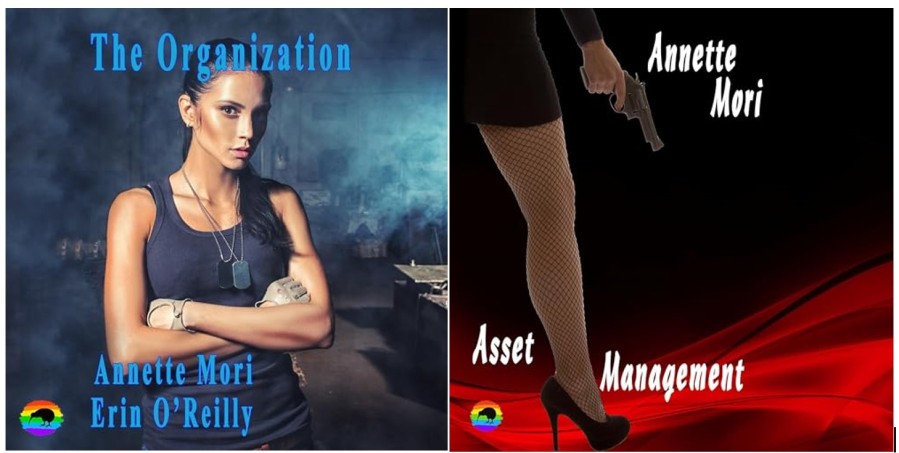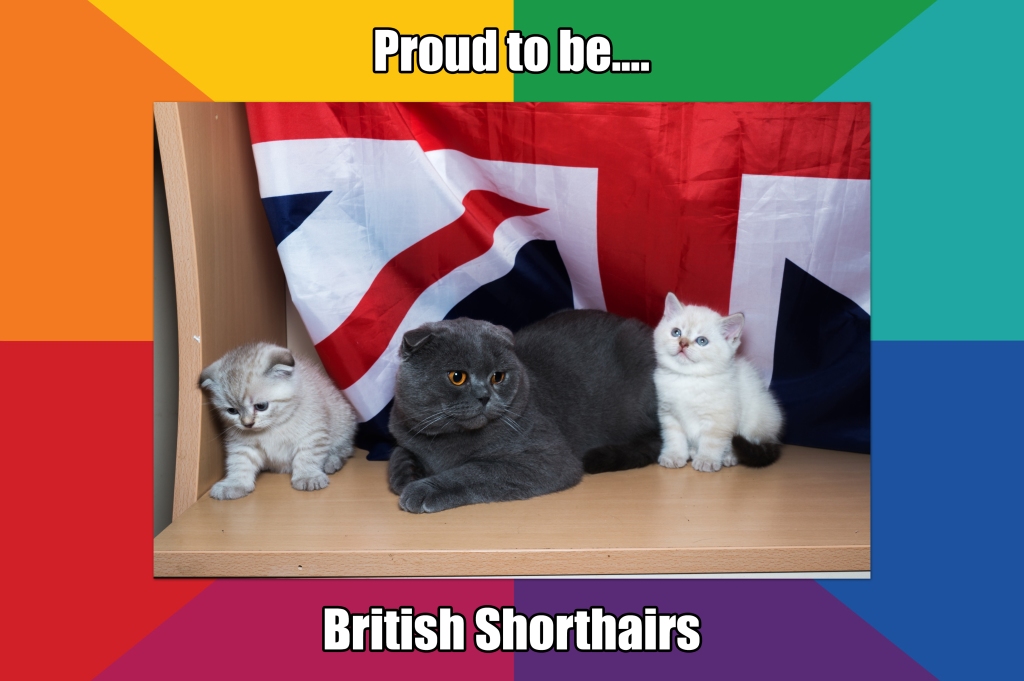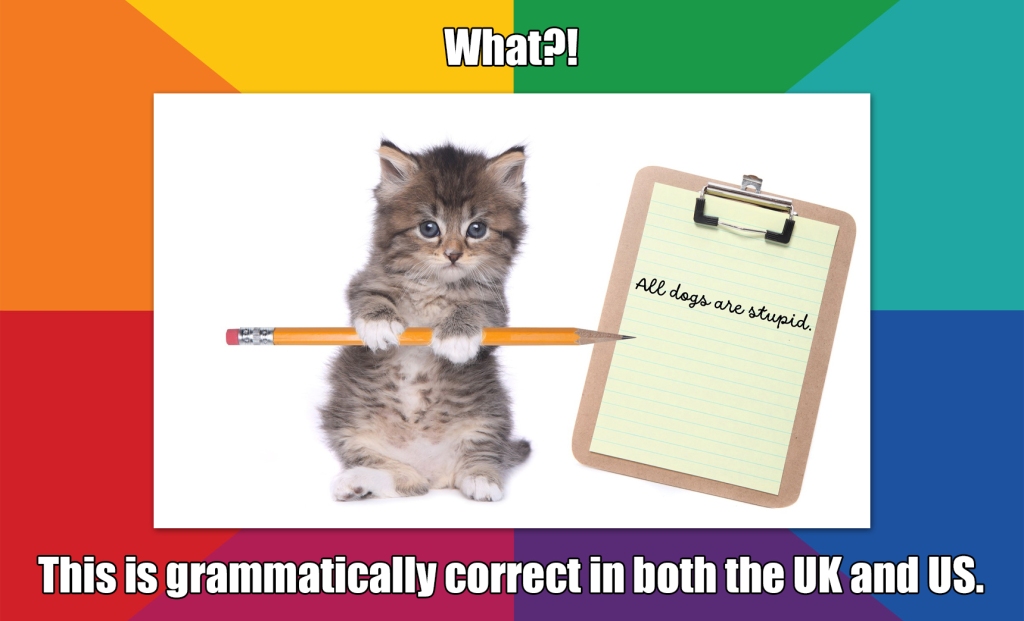No, I’m not touching the disastrous debate last night with a hundred-foot pole for this week’s topic. Instead, I’d like to talk about the many differences between UK manuscripts and US manuscripts. Recently, I was tasked to proof read a fellow author’s book that resides in the UK. I’m well aware of the spelling differences between the UK and US. I also know some of the different names for certain common items. I am even vaguely aware of certain stylistic differences, such as US writers preferring to add “define articles” and UK authors leaving them off. More about this one later. However, what I was not familiar with was the different rules for the use of commas.
Now, I’m not a professional editor, my only qualification for proofing manuscripts is my tendency toward OCD. Thus, I am often able to pick up on very minor typos that get missed in the first go around. In the past, because quite honestly, I’m not an expert on commas, I’ve often blown past any questionable use or missing commas unless it was so obvious. However, I thought I had a pretty good handle on the use of commas when separating two independent clauses and the rule around the use of a comma with “coordinating conjunctions.” I started adding commas throughout the document and was quite surprised there were so many that were missed. So, I decided to provide a link to the rule for the author in case she wondered why I was messing with her use of commas. After numerous articles citing the rule that I was familiar with, I came upon an article on how UK authors view the use of commas separating independent clauses, and I was aghast to learn their rules were different. A comma separating independent clauses in the UK is not necessary. That shook me to the core. I had to go back and correct my corrections. Then, of course, because I am very OCD, I had to correct the instances where the editor had corrected the comma use to a US style of writing because I suggested whatever the author chose should be consistent throughout. How many other rules are different? Are there others out there who may judge something to be incorrect, when it isn’t? Most of us who read don’t limit our reading to authors who reside in our own countries.
- Spelling differences in the UK: Here are the most common ones: adding an o or a to words like anaemia or diarrhoea; using a t at the end of a word to words like burnt; using a c versus an s to words like licence; using two lls with words like jeweller; using an s versus a z with words like familiarise; using one l versus two lls with words like fulfil; adding ue to the end of words like catalogue; adding a u after o to words like colour; using a y instead an i in words like tyre.
- Different words for common things such as: boot versus trunk; bonnet versus hood; trousers versus pants, flat versus apartment; lorry versus truck; jumper versus sweater; crisps versus chips; chips versus fries; biscuit versus cookie; chemist versus drugstore; fizzy drink versus soda or pop; football versus soccer.
- Collective nouns are usually plural in the UK and singular in US. For example: the band are playing versus the band is playing.
- UK is more formal at times, such as the use of shall versus will or should.
- Needn’t is occasionally used in the UK, where it is almost never used in the US.
- In the UK “define articles” are often omitted. For example, in the UK, the sentence might be, “Right, I’m off to hospital.” Where in the US we like to add a few words such as, “Right, well, I’m off to the hospital.”
- Shortening past participles such as saying got in the UK versus gotten as the past participle of get.
- In addition to the comma rule I cited above, there is also a slight difference with the serial comma where, in the UK, a comma is omitted after the last item on the list of three or more items.
- Although not always the case, UK authors will sometimes use single quotes versus double quotes for dialogue.
- The spaced en dash is more typical in the UK, and the unspaced em dash is more typical in the US.
- Although I’ve never seen this done, I found an article where the punctuation places the comma or period after the quotation mark in the UK. For example, “No shit”, Annette said. That looks incredibly odd to me, and I’ve never come across that in any UK author’s writing, but apparently, that might be considered correct in the UK.
So, next time you think you may have noted multiple errors in an author’s work, do some research. There may be other differences I wasn’t able to find. Jumping to the conclusion that it’s an error is just wrong…LOL. What isn’t wrong is checking out my books which have a very American colloquial style of writing that hopefully those across the pond won’t judge too harshly. You know the drill, just click on one of the links below. Since this is the final blog for Pride Month, please send me a private Facebook message if you would like a free audible code or free ebook (reader’s choice), and please let me know where you reside.
Brand New Audibles just released….
Book Addict Audible US Book Addict Audible UK Book Witch Audible US Book With Audible UK

Where it all began….
Buy the audible of The Organization Buy the audible of Asset Management

Books in Audible:

Books In Kindle Unlimited (KU)

Proud to be an Affinity Rainbow Publications author!





